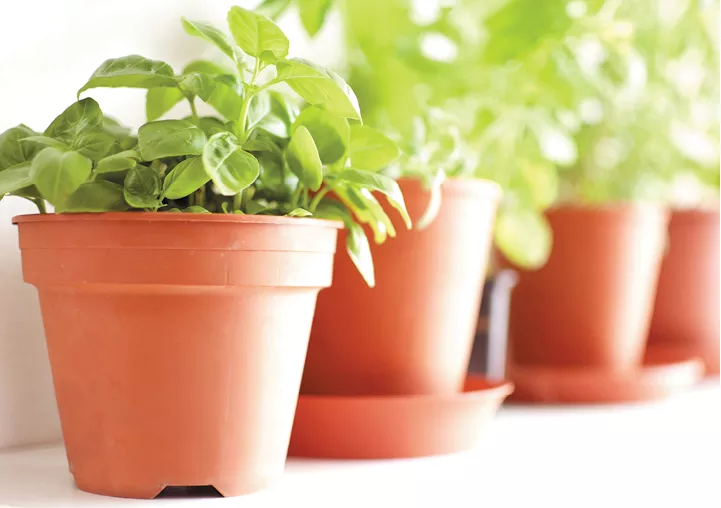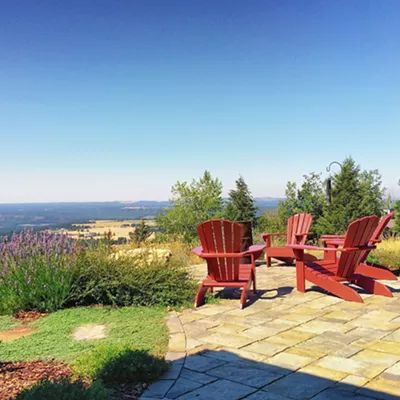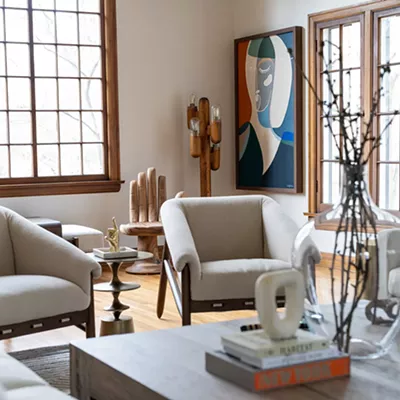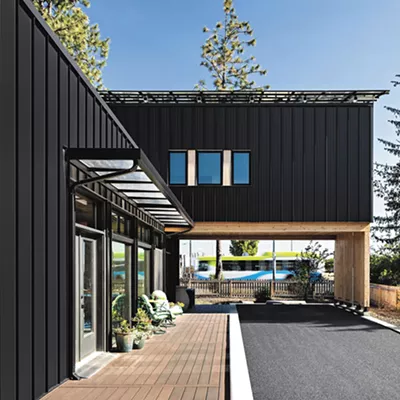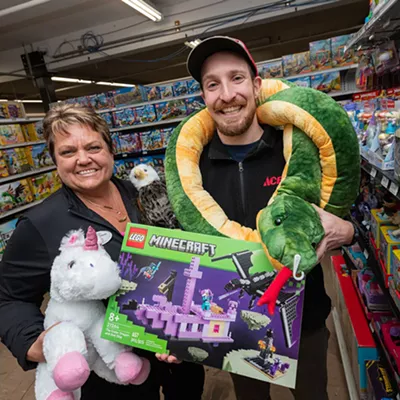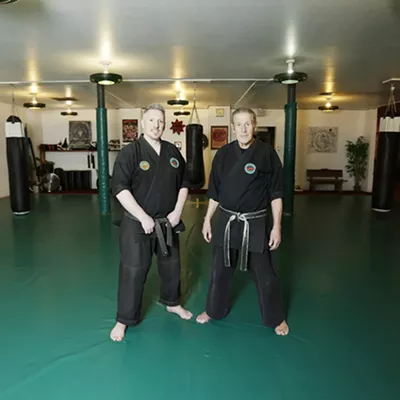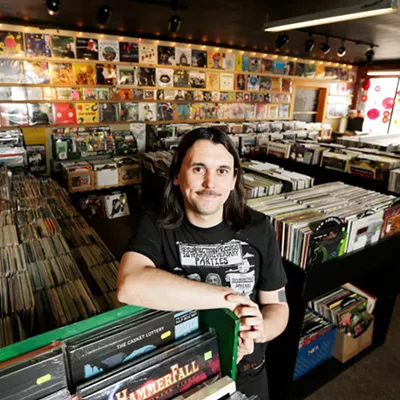Are you infamous for turning healthy houseplants into withered stalks? Do you have a knack for over-watering and under-fertilizing? As with any hobby, gardening requires some know-how, and it takes time to accumulate it. But don’t let fear of the unknown or past misfortunes deter you. The great thing about small-space gardening is its minimal up-front investment. That allows more freedom to experiment.
Lea Scott spent years crisscrossing the country to practice organic farming; she came to Spokane as the AmeriCorps volunteer for Vinegar Flats. Although she now works as produce buyer for the Main Market Co-op in downtown Spokane, she still encourages prospective gardeners to cultivate their own plots.
“Herb gardens are a really good place to start,” says Scott. “They flourish, you can cook with them, and they smell great. Basil does exceptionally well in pots, and if you frequently pinch it back at the nodes, it encourages the plant to bush out rather than to grow vertically. You’ll be eating a lot more basil and making more pesto as a result.”
She also advises erring on the large side when selecting a container. “As a general rule, whatever size plant you’re hoping for above ground, you need to give it that amount of space under the soil. Having good soil health is really beneficial too — you’ll want to add compost.” Although compost is best created out of household organic waste in a dedicated outdoor bin, there are several online guides on how to vermicompost (that is, with worms) in a styrofoam cooler in the space under your sink. And if you haven’t planned ahead, you can buy compost in bags or by the truckload.
“There are a lot of ways to be innovative,” says Scott. When growing from seed, she personally uses reclaimed fluorescent strip lighting and homemade newspaper pots to get maximum results with little cost. “It all depends on what kind of space you’ve got. If you don’t have access to space, there’s an incredible number of community gardens in Spokane that are worth plugging into.”
The most important piece of advice for beginners and experts alike is to not be afraid to fail. Whether you begin with seeds or buy starts, have courage — and confidence.
“Plants are geared to grow. They’re going to do what they’re meant to do,” Scott says. “Gardening doesn’t have to be a precise art. Getting out there and doing it is the first right step.”

